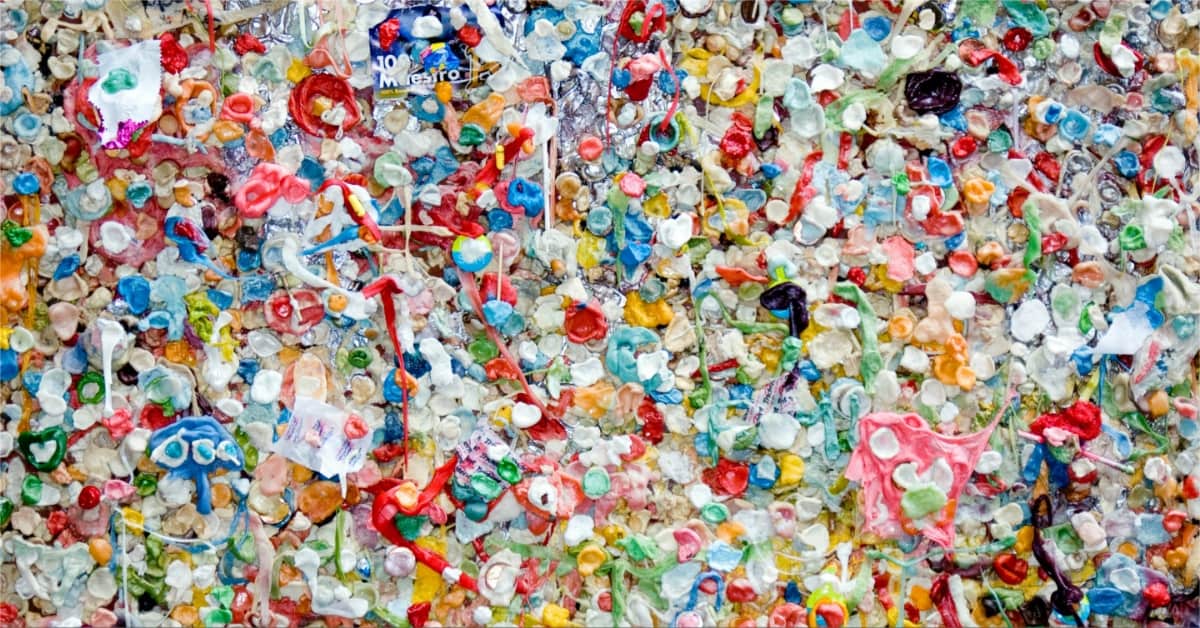
Photo by Marc Newberry on Unsplash
Hardly Any Plastics Can Be Recycled According to a New Study
February 16, 2024
A new study claims that hardly any plastics can be safely recycled. According to a report by the Center for Climate Integrity, a nonprofit organization that advocates for legal action to hold the fossil fuel industry accountable, plastics, simply put, cannot be safely recycled.
The study “The Fraud of Plastic Recycling: How Big Oil and the Plastics Industry Deceived the Public for Decades and Caused the Plastic Waste Crisis” includes evidence that could provide information to hold fossil fuel and other petrochemical companies accountable for their untruths.
The study claims Big Oil and the plastics industry have “deceptively promoted recycling as a solution to plastic waste management for more than 50 years.” This was despite the knowledge that plastic recycling is not technically or economically viable.
The report states that as of 2021, the U.S. recycling rate for plastic is estimated to be only 5%-6%. It claims plastic recycling has yet to become a reality due to long-known technical and economic limitations.
Details of the report explain that petrochemical companies and the plastics industry have known the “technical and economic limitations” that have made plastics unrecyclable for more than half a century. It alleges that, knowing this, the plastics industry continued to increase plastic production and simultaneously deceived “consumers, policymakers, and regulators about plastic recycling.”
NPR reported that when the plastics industry launched its recycling campaign, a group called the Vinyl Institute said in 1989 that “recycling cannot go on indefinitely, and does not solve the solid waste problem.”
President of America’s Plastic Makers, Ross Eisenberg, refuted the report. He said the “flawed” report cites “outdated, decades-old technologies” and works against current sustainability goals by “mischaracterizing the industry and the state of today’s recycling technologies.”
He called plastics “highly efficient modern materials” critical to building a sustainable, lower carbon future. Eisenberg concluded that America needs plastics to meet its marks for renewable energy, clean water, connectivity, and global health and nutrition goals.
Recent News
Apple’s Record-Breaking $110B Stock Buyback
Apple Inc., one of the world’s largest tech companies, has just made history with the largest stock buyback ever seen in the United States. The announcement comes as the tech giant’s board approved an additional $110 billion in share repurchases.
Moderna COVID-19 Vaccine Sales Drop 91%
Moderna’s only product is the vaccine that became popular during the pandemic.
Norwegian Cruise Line: No Clothes, No Problem on ‘The Big Nude Boat’
Clothing-optional vacations from Norwegian Cruise Line will start next year.
Sony and Apollo Express Interest in $26B Paramount Buyout Amid Skydance Merger Talks
Sony Pictures and Apollo Global Management have sent a letter to the Paramount Global board showing their interest in buying the company for around $26 billion.
